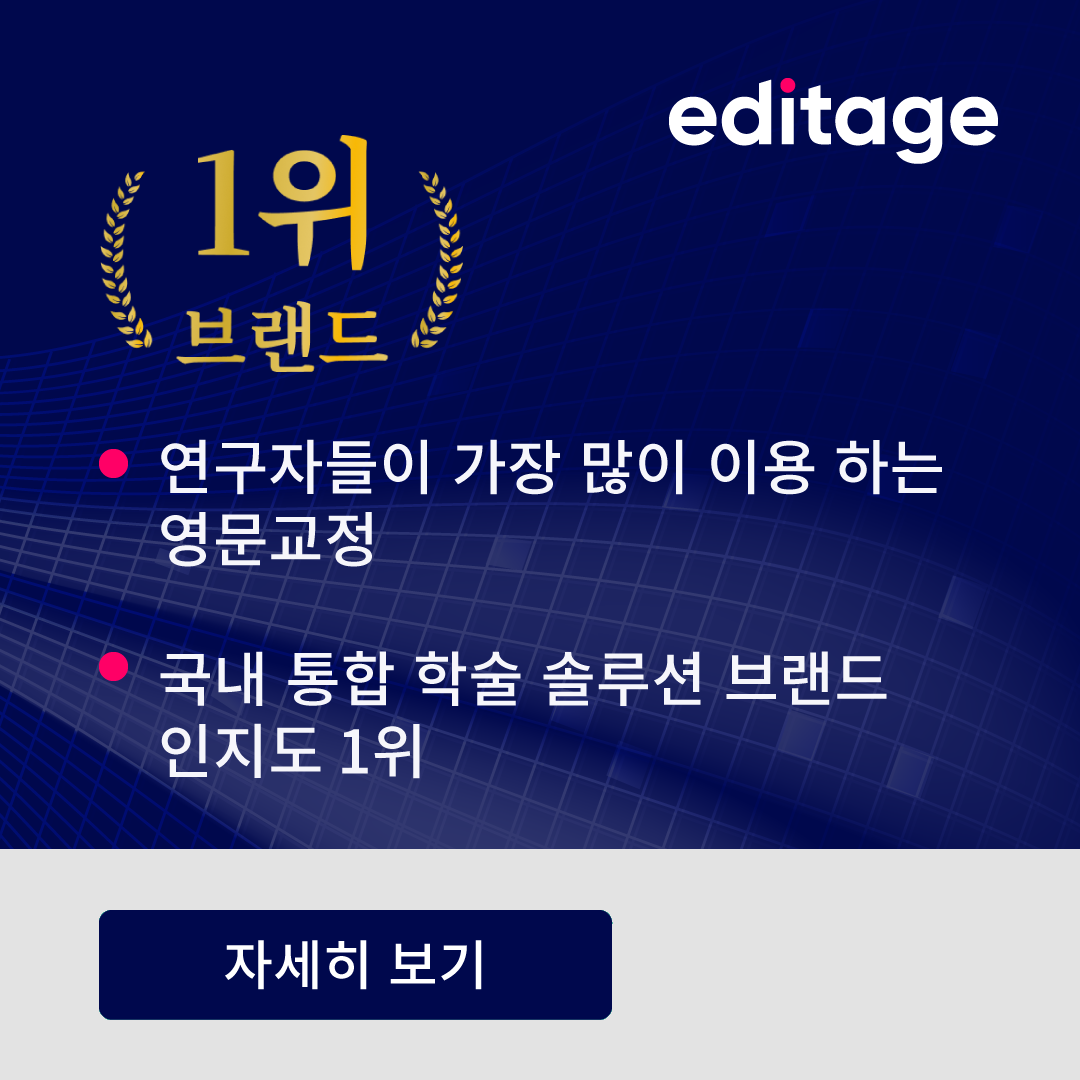Ghost authorship has been one of the persistent problems in medical writing. The recent case involving Bruce Spiegelman from Harvard’s Dana Farber Cancer Institute whose findings were published by a non-existent author in the Elsevier journal Biochemical and Biophysical Research Communications (BBRC) without his knowledge brought medical ghost writing into limelight yet again. Although this case has taken ghost writing to a new level altogether, the practice of hiring ghost writers has been a topic of much scientific debate.
Ghost writing is different from honorary authorship in the sense that authors who have little or no involvement in the study, such as a department head or a dean, are given credit as the authors of a paper. On the other hand, in ghost authorship, authors who have contributed significantly in the writing of the paper are not acknowledged. Thus, ghost writing is widely considered an unethical practice.
According to a ghost writer, although the clients sometimes want to acknowledge the contribution of ghost authors, pharmaceutical companies are against it. The corporate-funded ghost writers are paid to write manuscripts, which are approved internally and are then published in the name of some prominent scientists. Giving credit to a lesser known medical writer could make fellow researchers question the credibility of the research. Hence, such companies prefer to keep the identity of ghost writers a secret. Since ghostwritten papers are paid for, the opinion of the ghost writers and the authors whose name it is eventually published under may be biased. Some editors and authors feel that physicians and researchers who may use the published results on patients can unknowingly pose a threat to the patients’ health. Moreover, it’s a clear case of fraud when researchers publish a paper without actually authoring it. Hence, they feel ghost writing should be eliminated from science.
Some authors, however, are of the opinion that every manuscript uses some strategy to enhance the weight of its data. Ghost writing is also a way of enhancing the way research is presented to the world. In the article "Why Does Academic Medicine Allow Ghostwriting? A Prescription for Reform," author Jonathan Leo offers some explanation on why ghostwriting is “allowed” in academic medicine. He cites the example of a paper published by prominent psychiatrists wherein the publishers accepted and justified the involvement of ghost writers and declaring that "The book was reviewed for any potential bias (among other things) by eight independent reviewers, and there was no undue influence on the content from industry or any other outside source.” They opined that prominent researchers would not attach their name with fraudulent or low-quality research.
Ghost authorship is a complex problem and can be dealt with appropriately if editors, researchers, and medical companies work with consensus. A good way of tackling the issue of ghost writing would be to frame stringent journal author guidelines. Journal editors should ensure that papers are accepted after a thorough background check of the authors and any medical companies involved. Only good research should get published in keeping with the scientific ethics.











